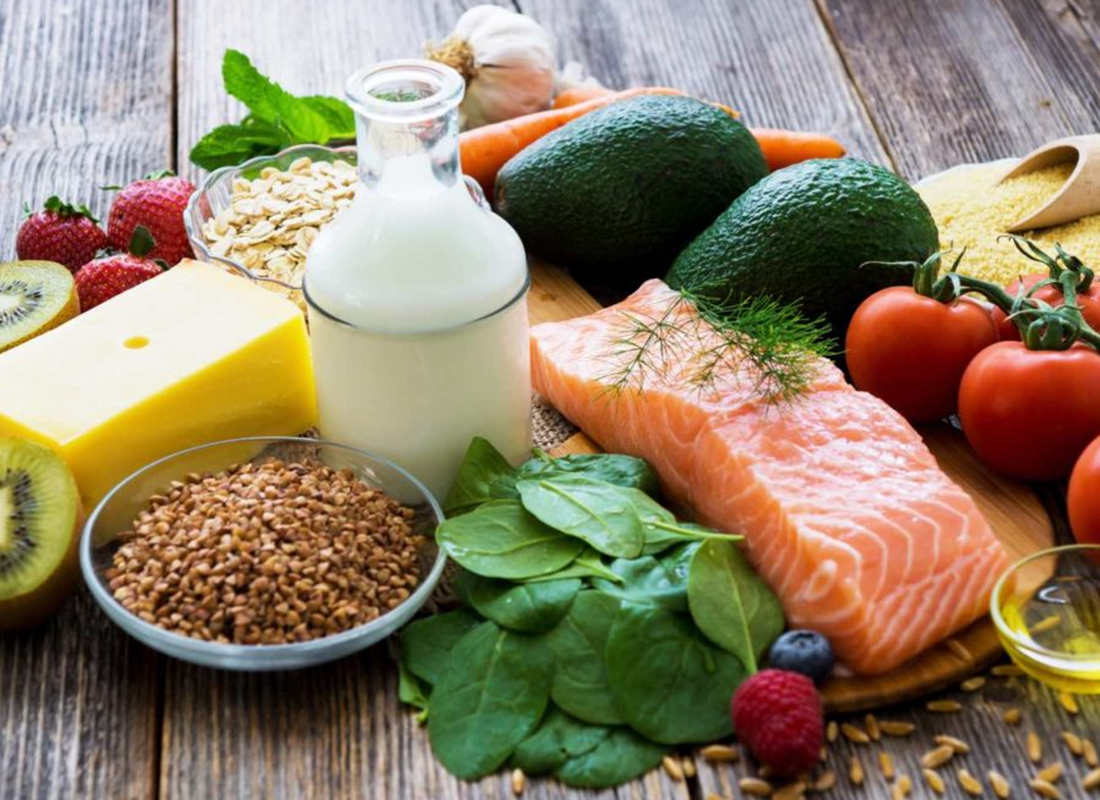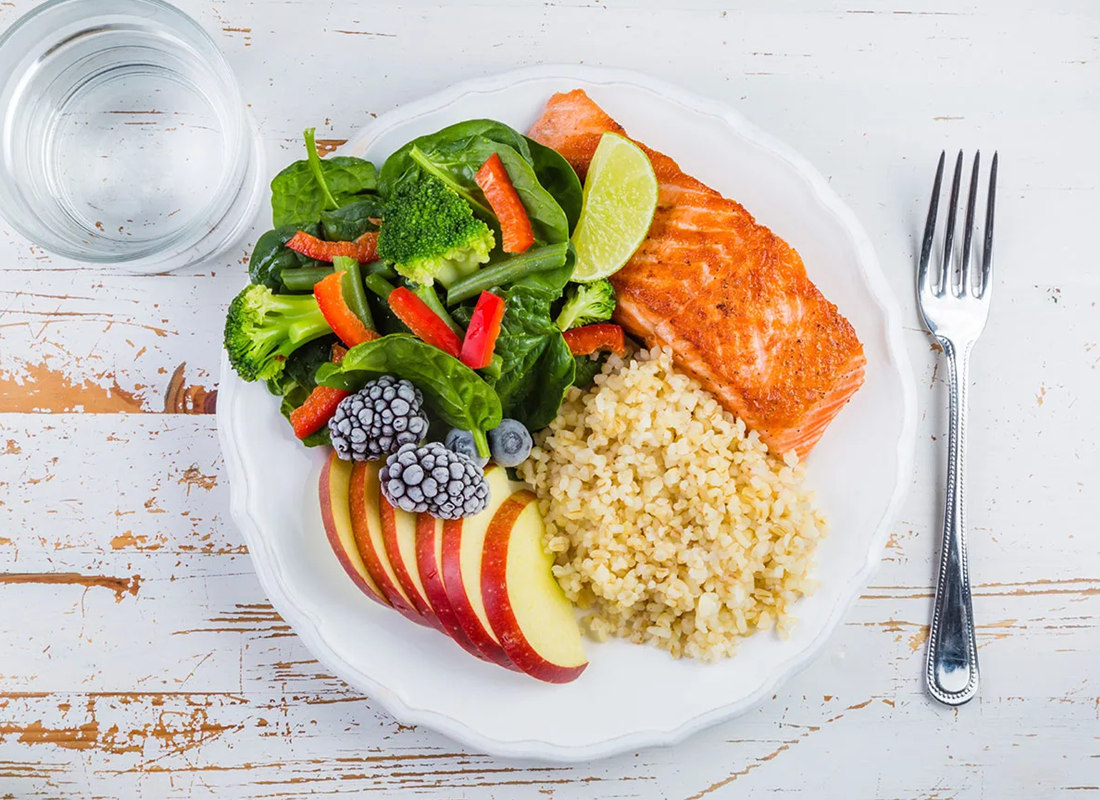Dietary influence is an important factor in heart disease, cancer, and stroke. An individual’s diet has an enormous impact on their health. A 2003 study by the World Cancer Research Fund found that changing to a healthier diet could prevent 1.9 million cases of cancer per year worldwide and save over US$30 billion in healthcare costs.”
Benefits of dietary influence
1. Can reduce the risk of type 2 diabetes and heart disease
This is a large benefit. If we eat a healthy diet, it can help to prevent about 30,000 new cases of type 2 diabetes and 23,000 heart disease cases per year in the USA. That is $1 billion per year in cost savings.

2. Can reduce the risk of some cancers
This is a moderate benefit. If we eat a healthy diet, it can help to prevent about 600 new cases of cancer per year in the USA. That is $40 million per year in cost savings.
3. Can reduce hypertension (high blood pressure) risk
This is a small benefit. If we eat a healthy diet, it can help to prevent 3,000 new cases of hypertension per year in the USA. That is $3 million per year in cost savings. It can also reduce the risk of stroke by 9% and the risk of metabolic syndrome by 7-8%.
4. Can contribute to weight maintenance or loss
This is a small benefit. If we eat a healthy diet, it can help to prevent 2,800 cases of obesity per year in the USA. That is $100 million per year in cost savings.

5. Can promote optimal dental health
This is a small benefit. If we eat a healthy diet, it can help to prevent about 14-15% of Dental caries per year in the USA. That is $1 billion per year in cost savings. It can also reduce the risk of gingivitis by 40%.
6. Can promote optimal vision health (eyesight)
This is a moderate benefit. If we eat a healthy diet, it can help to prevent about 6% of blindness in the USA. That is $280 million per year in cost savings.
7. Can promote optimal general health
This is a small benefit. If we eat a healthy diet, it can help to prevent about 4% of coronary heart disease cases and 6% of stroke cases in the USA per year. That is $240 million per year in cost savings. It can also reduce the risk of some cancers by 2-3%.





